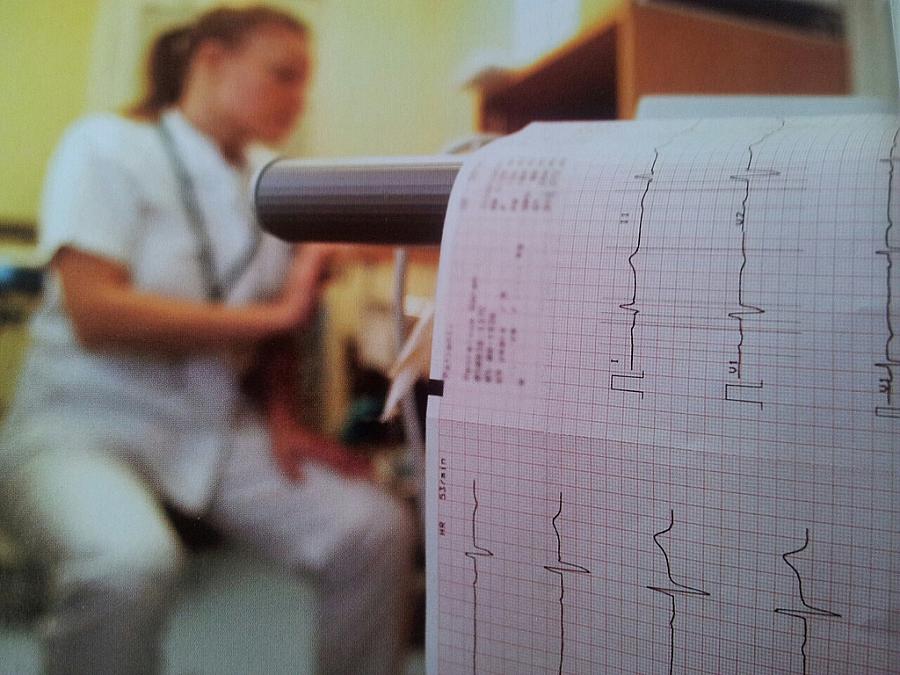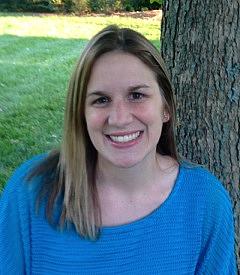Code Unknown: Mother discovers a secret donor history and frightening health future

PART ONE
Miranda Dyer started life as an athlete.
She was a soccer player and quite good. So it didn’t make sense when a flight of stairs left her winded. Basic tasks made her feel exhausted. This would last for weeks and then go away. She tried to just not think about it, but it seemed to be getting worse over time.
Finally, when she was 21, her parents told her that there might be a genetic reason for her health problems. She was born through the help of fertility medicine. After her mother had given birth to her older two sisters, she needed the help of a sperm donor to conceive Miranda and her older brother. It was arranged through the University of Florida’s medical school.
Dyer was surprised but not shaken. And her journey to find out what was driving her health problems and, ultimately, threatening the health of her family reveals much about the current state of fertility medicine. Her story has implications for the more than 1 million people in the United States who were born through the help of donor eggs and sperm, for the thousands of families every year who seek help trying to have children with donor help, and for sperm and egg donors dating back to the 1950s.
“I have an awesome relationship with my parents,” she said when asked about the revelation that she was conceived with the help of a donor. “And, in my mind, I have always had one dad, and will always have one dad.”
In the back of her mind, though, she did wonder whether there was a genetic explanation to why she felt so exhausted much of the time. So over the next 10 years, she saw multiple doctors, including specialists, to ask questions and undergo tests. Everyone told her the same thing: “You’re young. You don’t have anything to worry about.”
Miranda Dyer
But in 2013, she started to have symptoms of something more serious.
“I would be telling a story and using my hands, and I would feel like I was going to pass out,” Dyer said. “After that, I couldn't work out. I couldn't do anything.”
This was crushing. Just four years before, she ran a half-marathon. And she had three kids who suddenly she couldn’t keep up with.
“I felt like I didn't have control over how I felt,” Dyer said. She’s now 33 with kids aged 10, 8, and 6.
She started making doctors’ appointments and asking questions. She was able to get an appointment with a cardiologist and thought she might finally get an answer. The cardiologist told her not to worry.
A second cardiologist told her the same thing.
It was actually by chance that she ended up on the correct pathway to a diagnosis. In March 2013, she had to have a hysterectomy at Lakeland Regional Medical Center in Florida. Over the next few months, during her recovery, the doctors noticed something odd on an electrocardiogram (EKG) report.
It was a distortion of the normal pattern of electrical signals transmitted through the heart.
Here, finally, was a piece of evidence that seemed to be tied directly to her feeling like she might pass out or couldn’t walk any further. And here was the crucial clue in her search to be healthy.
That clue ended up taking her family through some very surprising twists, which I will detail in a series of future posts.
Read PART TWO: Mother presses doctors to take her symptoms seriously
Photo by Helge V. Keitel via Flickr.

